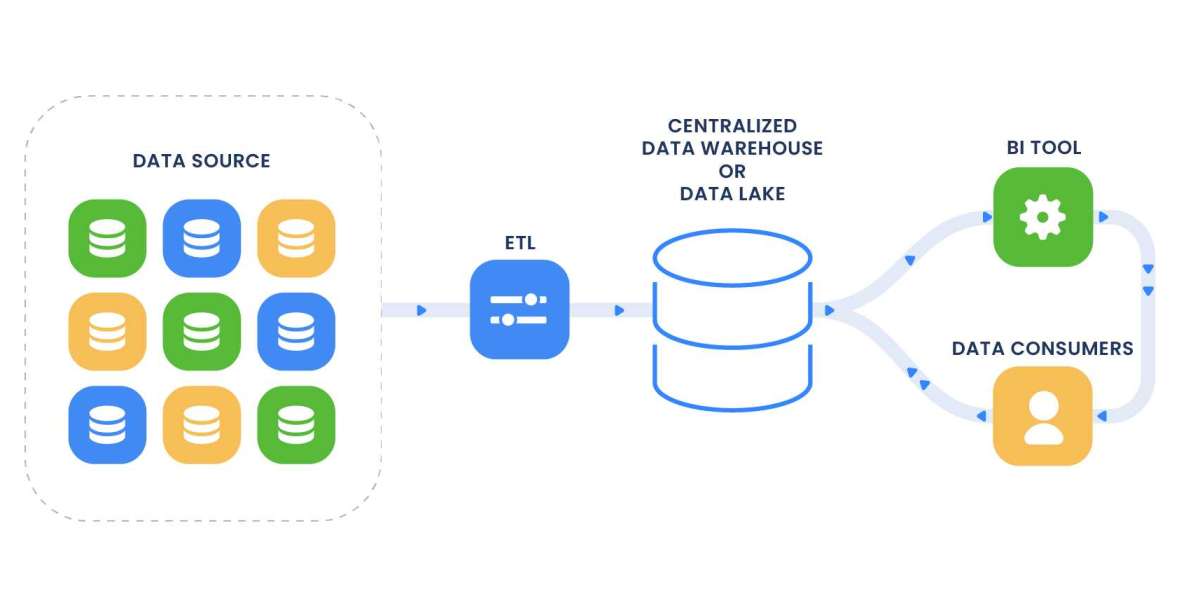Hadoop YARN, which stands for "Yet Another Resource Negotiator," is a fundamental component of the Hadoop ecosystem designed to manage and optimize resource allocation for distributed data processing tasks. YARN is responsible for resource management and job scheduling in Hadoop clusters, enabling the efficient execution of various applications and workloads across a large number of nodes.
Before the introduction of YARN, the Hadoop MapReduce framework handled both resource management and data processing, which limited the system's ability to support diverse workloads and applications beyond batch processing. YARN was introduced as a solution to this limitation, decoupling the resource management functionality from MapReduce and enabling Hadoop clusters to support a broader range of applications, including interactive queries, real-time data processing, and more.
The primary role of YARN is to manage and allocate resources among applications and users in a multi-tenant Hadoop cluster. YARN consists of two key components: the ResourceManager (RM) and the NodeManager (NM). The ResourceManager is the master daemon responsible for overall resource allocation, tracking cluster resource availability, and managing job queues. It interacts with the clients and accepts resource requests from various application frameworks.
On the other hand, the NodeManager runs on each worker node in the cluster and is responsible for monitoring resource usage on that node. It communicates with the ResourceManager to request and release resources and manages the execution of containerized tasks. Apart from it by obtaining an Hadoop Certification, you can advance your career in Hadoop. With this course, you can demonstrate your expertise in on Hadoop Ecosystem tools such as HDFS, YARN, MapReduce, Hive, and Pig, many more fundamental concepts, and many more critical concepts among others.
YARN introduces the concept of "containers," which are isolated environments that encapsulate resources such as CPU, memory, and disk, for running application tasks. Containers provide resource isolation and control, enabling multiple applications to run concurrently without interfering with each other's resources. This approach allows YARN to manage resources more efficiently and dynamically allocate them based on the requirements of different applications.
The flexibility of YARN enables organizations to run various data processing frameworks in addition to MapReduce, such as Apache Spark, Apache Flink, and Apache Tez. This capability is crucial for supporting diverse workloads, from batch processing to stream processing, interactive queries, and machine learning tasks. YARN also supports fine-grained resource management, dynamic scaling, and advanced scheduling policies, making it suitable for optimizing resource utilization and cluster efficiency.
In summary, Hadoop YARN is a pivotal component of the Hadoop ecosystem that addresses resource management and job scheduling challenges. By separating resource management from data processing, YARN enables Hadoop clusters to efficiently handle diverse workloads and applications. Its ResourceManager and NodeManager components work in tandem to allocate resources, manage containers, and ensure optimal resource utilization across a distributed computing environment, contributing to the scalability and versatility of modern data processing in Hadoop clusters.








